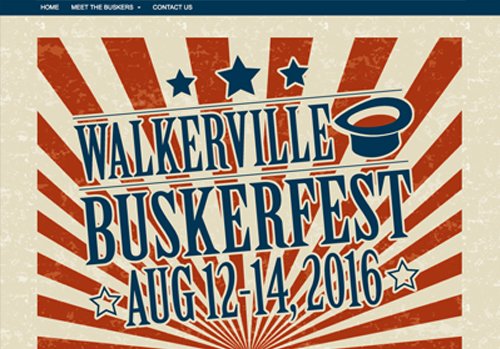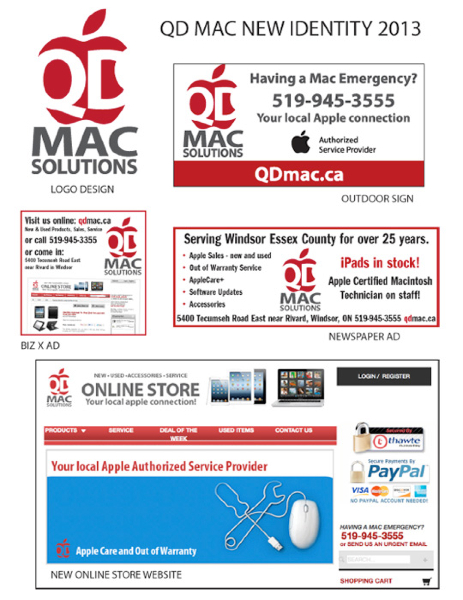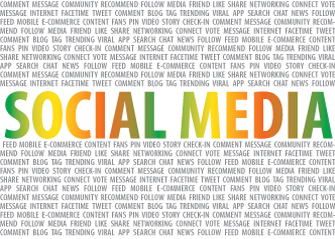URL
Uniform (or universal) resource locator, the address of a World Wide Web page.
HTTP or HTTPS?
HTTP stands for HyperText Transfer Protocol – which is the language of a web page. All website URLs have this to start although you don’t see it. I’ve heard the man who originally set up the World Wide Web protocols regrets making it so long.
HTTPS stands for HyperText Transfer Protocol SECURED – this means a web page has a layer of encryption to hide personal information from bad people. If you are entering any sensitive information, be sure the pages starts with “https”. Some have an image of a lock in the URL as well (such as Facebook.com)
HTML, XML or XHTML?
HTML stands for HyperText Markup Language
XML stands for eXtensible Markup Language – sort of like a cousin to html. xml pages are useful in cataloging text content for robots, which helps with google searches.
XHMTL is a combination of both HTML and XML – very useful in aiding web rankings.
IP ADDRESS
Your computer’s ‘internet protocol’ address is a four-part or eight-part electronic serial number. An IP address can look something like ’216.3.104.565′. Every computer, including smart phones which access the internet have an IP Address – sort of like an internet fingerprint. This is how police track criminals on the internet.
ISP
ISP stands for Internet Service Provider. This is the company you pay to host your website and/or email.You may have also heard of WISPs which are Wireless Internet Service Providers which use wifi.
WIFI
Wireless internet connections – a popular technology that allows an electronic device to exchange data wirelessly
EMAIL
EMAIL stands for Electronic Mail
Your email is handled through a web service, such as Google or Yahoo, or a computer program like Microsoft Outlook.
BLOGS, VLOGS
Blog stands for weB LOG. VLOG is a Video LOG. These are a type of journal posted on the internet. Most blog sites allow visitors to leave comments…. a great place to link back to your website.
SOCIAL MEDIA
Social media refers to any form of communication on the internet helping people and businesses interact with each other. Most common are Facebook, Twitter and Pinterest.
SEO
Search Engine Optimization is the process of affecting the visibility of a website or a web page in a search engine’s “natural” or un-paid (“organic”) search results.


 At ineedwebdesign.ca, we can help your small business think big by creating a professional, creative website at a reasonable price, from a basic five-page site to a full animated site with a content management system. Want to sell online? We can do that too...
At ineedwebdesign.ca, we can help your small business think big by creating a professional, creative website at a reasonable price, from a basic five-page site to a full animated site with a content management system. Want to sell online? We can do that too...  We offer original, creative design services produced with Adobe Creative Suite programs.
Materials include: logos, original vector art, print ads, magazines, brochures, newsletters and online ad materials.
Estimates by the job available.
We offer original, creative design services produced with Adobe Creative Suite programs.
Materials include: logos, original vector art, print ads, magazines, brochures, newsletters and online ad materials.
Estimates by the job available. Platforms like blogging, Facebook, Twitter and mobile are changing the way people connect — and the way businesses promote!
We at ineedwebdesign.ca have the know-how to help your business get found online by people who are ready to buy. We’ll create multiple external links to help with organic search engines. We’ll help you start up an inbound marketing campaign to complement your existing traditional advertising.
Platforms like blogging, Facebook, Twitter and mobile are changing the way people connect — and the way businesses promote!
We at ineedwebdesign.ca have the know-how to help your business get found online by people who are ready to buy. We’ll create multiple external links to help with organic search engines. We’ll help you start up an inbound marketing campaign to complement your existing traditional advertising.